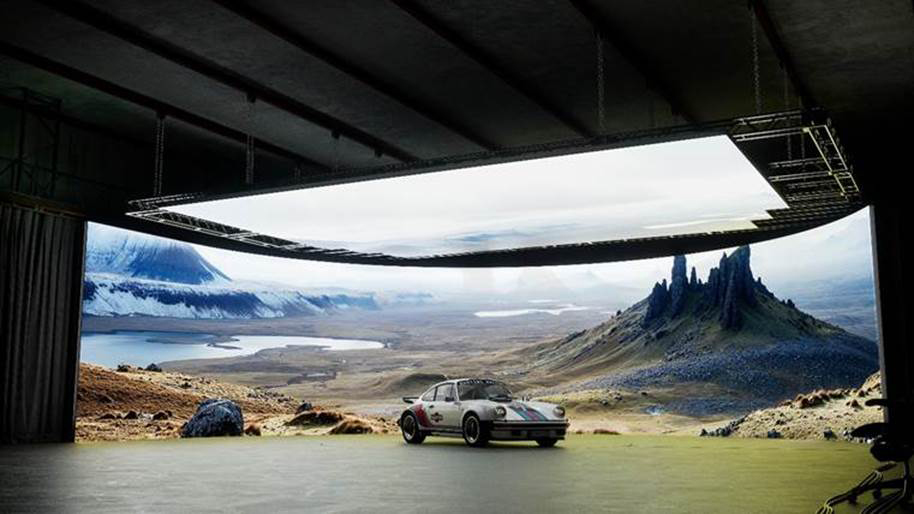I dusted off my old Nikon D750 DSLR for one last shoot – can it still perform in 2025?
Having not used my D750 for several years, I took it out to test how it stacked up in today's mirrorless world
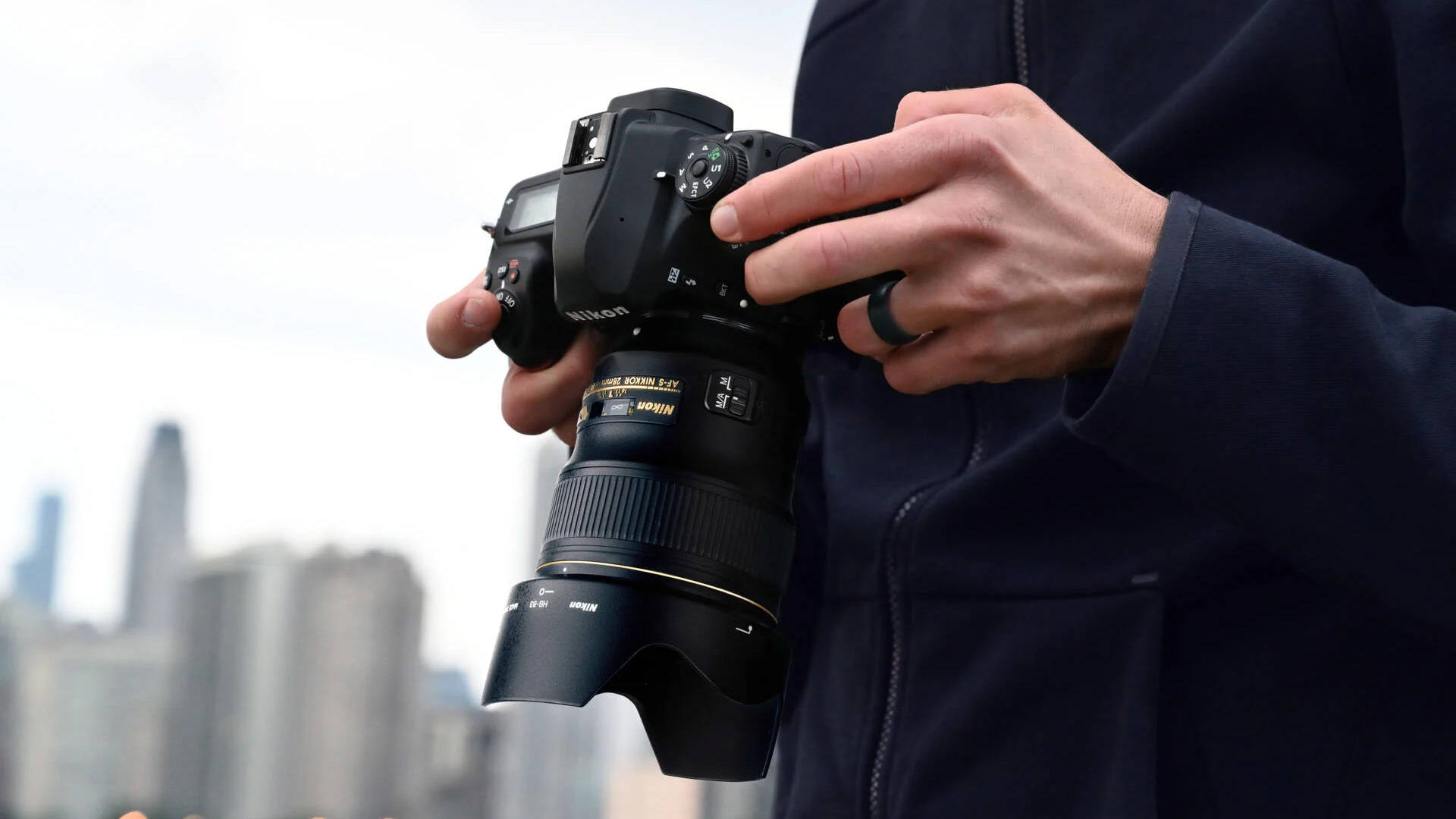
After writing an article last week on Peter Lindbergh's use of his Nikon DSLR, I couldn't help but feel guilty looking at my Nikon D750 sitting on the shelf, covered in a thick layer of dust.
Once a staple in my everyday workflow and a vital tool for capturing some of my most important commercial work, this camera had been set aside after I upgraded to the Fujifilm GFX format. Racked with the shame of leaving my old partner in camera oblivion, I decided to dust it off for what perhaps might be one last shoot.
During the earlier days of my photography career, the Nikon D750 was my first professional DSLR camera. Although it was never a flagship model from Nikon, it enabled me to capture fashion, portraiture, product photography, and even pet photography due to its remarkable versatility – something I sometimes feel I lack with my Fujifilm GFX 50S II.
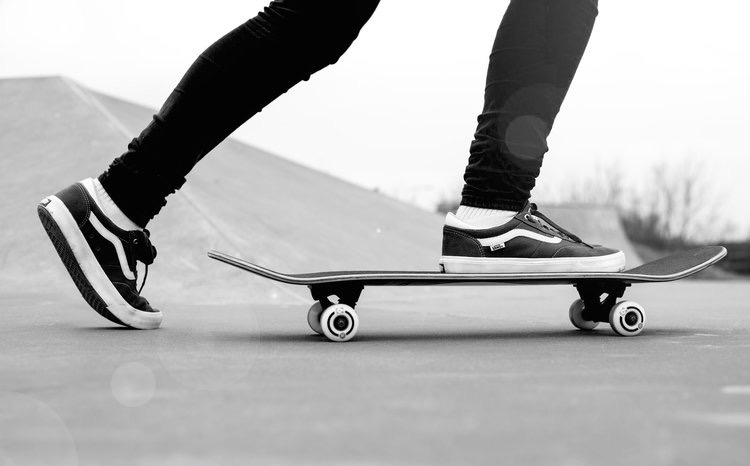
As a budding photographer, I explored nearly every genre, hoping to narrow down what felt right to me and what I enjoyed most. The D750 kept up with everything I tried, and upon recent reflection, I found that the images it captured still hold up today. This makes me wonder: was it really time to upgrade? Did I do so out of necessity or simply to follow the trend towards mirrorless systems?
To explore these questions, I took my D750, paired with my once trusty Sigma 70-200mm f/2.8 Sports lens, for a walk around the streets and my family home. Despite the added weight of the mirrored glass, muscle memory kicked in, and I found myself shooting as I did when I was first exploring photography as a medium.
The most immediate realization was that I was having fun. I think this was down to the feeling of 'making' a photograph and actually doing some work, the trial-and-error shooting approach I had used to teach myself many years ago.
Not knowing the outcome of each shot until reviewing them through playback, especially when capturing fast-paced street moments, keeps you on your toes and encourages you to work for the perfect settings. More questions arose, however: Has mirrorless photography made the process too easy? Have we relinquished too much control over 'making' a photograph? It certainly gives me something to think about!
Get the Digital Camera World Newsletter
The best camera deals, reviews, product advice, and unmissable photography news, direct to your inbox!
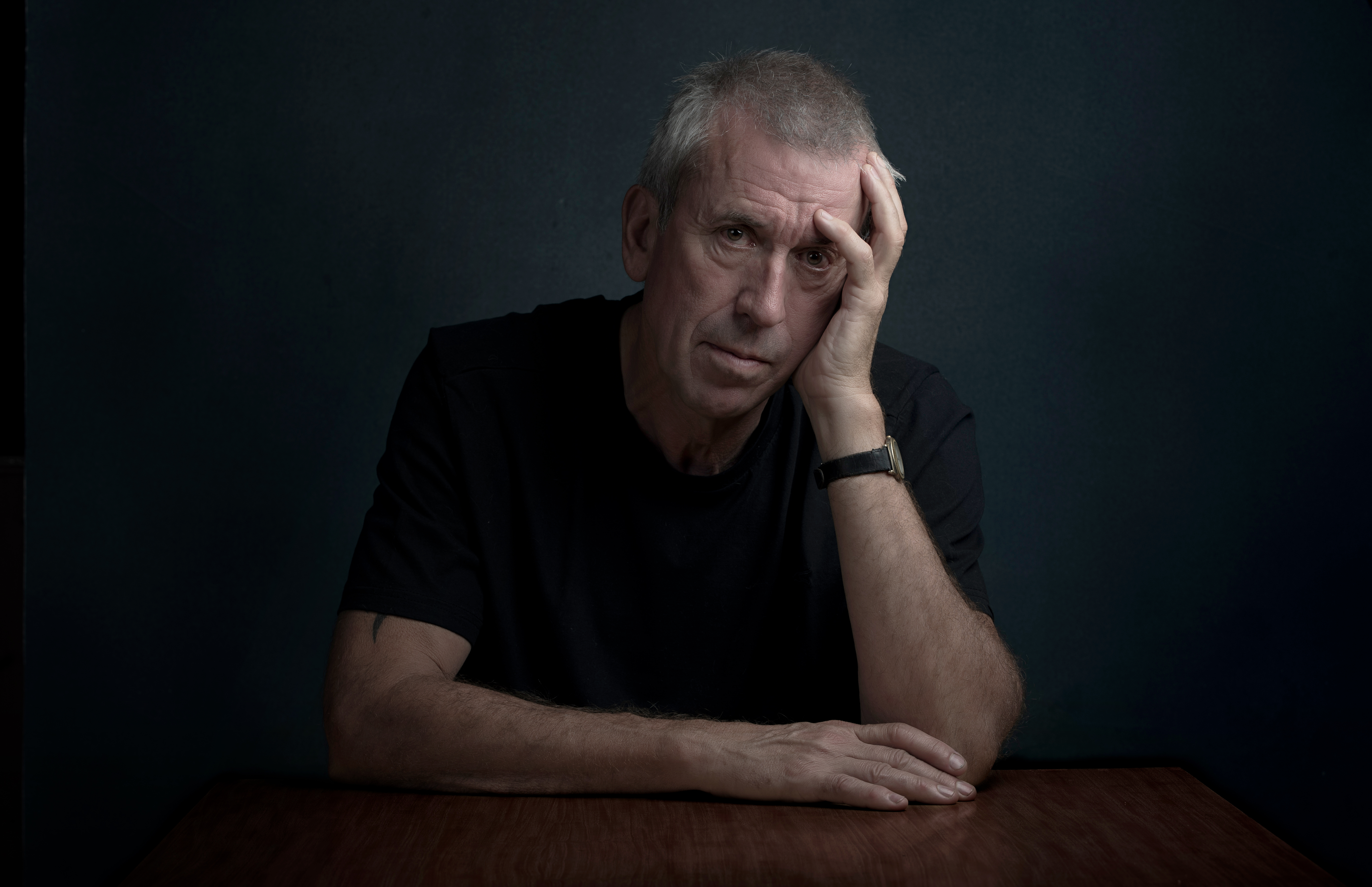
The result of testing the D750 is, of course, that it still takes great images today, just as it did when it was first released. Sure, the body and especially the lenses were noticeably heavier, but the outcome and the process of creating did make me miss the DSLR system.
I believe the significant shift to mirrorless systems has made photography more convenient, and in some ways, easier. This has its pros and cons, and I now understand, albeit on a smaller scale, why some photographers still choose to shoot film and why film photography is experiencing a resurgence.
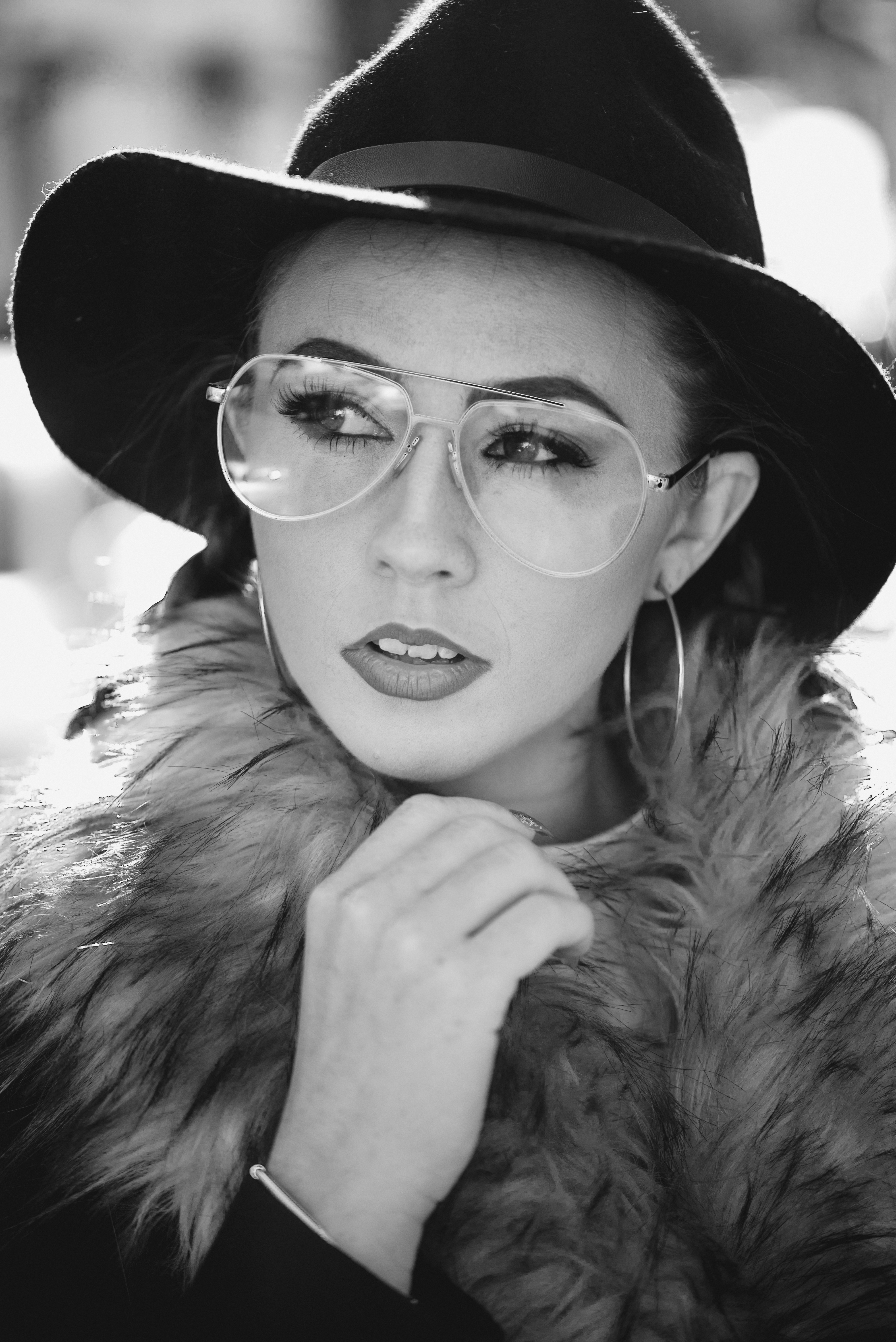
That said, given the nature of my work today, the Fujifilm GFX system is invaluable, and I can’t imagine switching to another – not to mention, backtracking on my investment in lenses would see me in the dog house!
If you have an old DSLR gathering dust on your shelf, I highly recommend trying it out again. You might find that it deepens your appreciation for your mirrorless camera, or perhaps rekindles your love for the tactile nature of a DSLR!
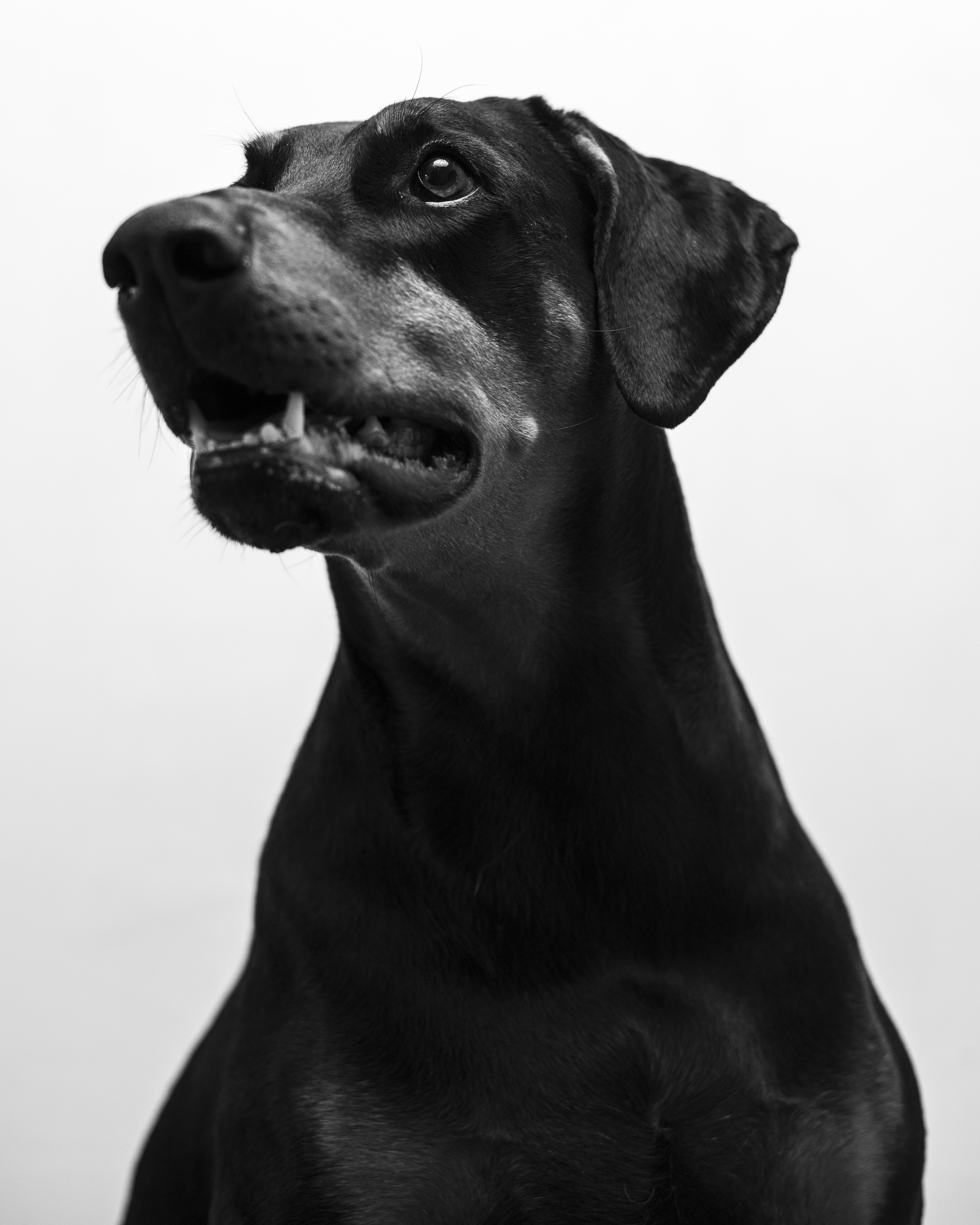
you might also like...
Check out our guides to the best Nikon cameras and the best DSLR cameras.
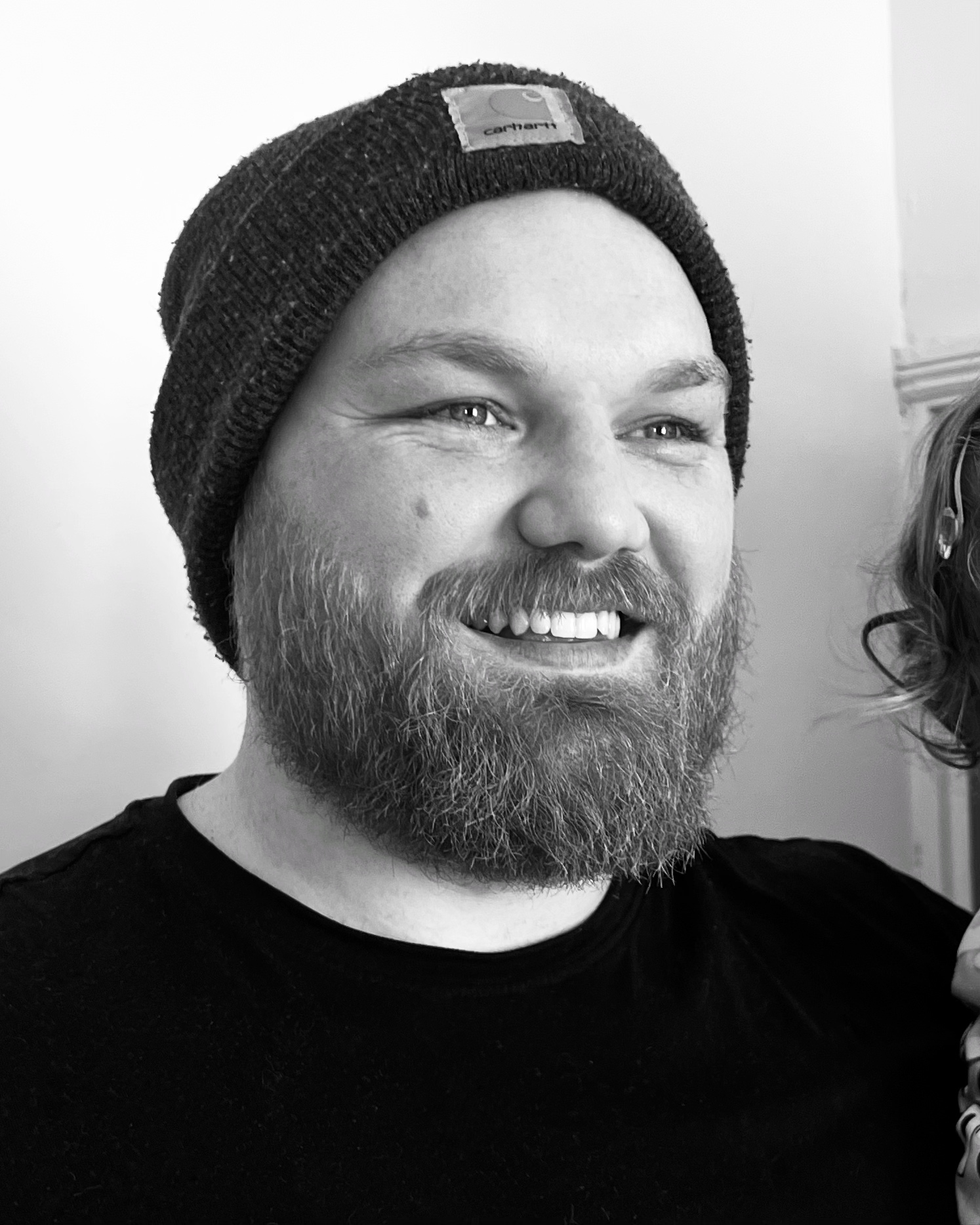
Kalum is a professional photographer with over a decade of experience, also working as a photo editor and photography writer. Specializing in photography and art books, Kalum has a keen interest in the stories behind the images and often interviews contemporary photographers to gain insights into their practices. With a deep passion for both contemporary and classic photography, Kalum brings this love of the medium to all aspects of his work.
You must confirm your public display name before commenting
Please logout and then login again, you will then be prompted to enter your display name.
